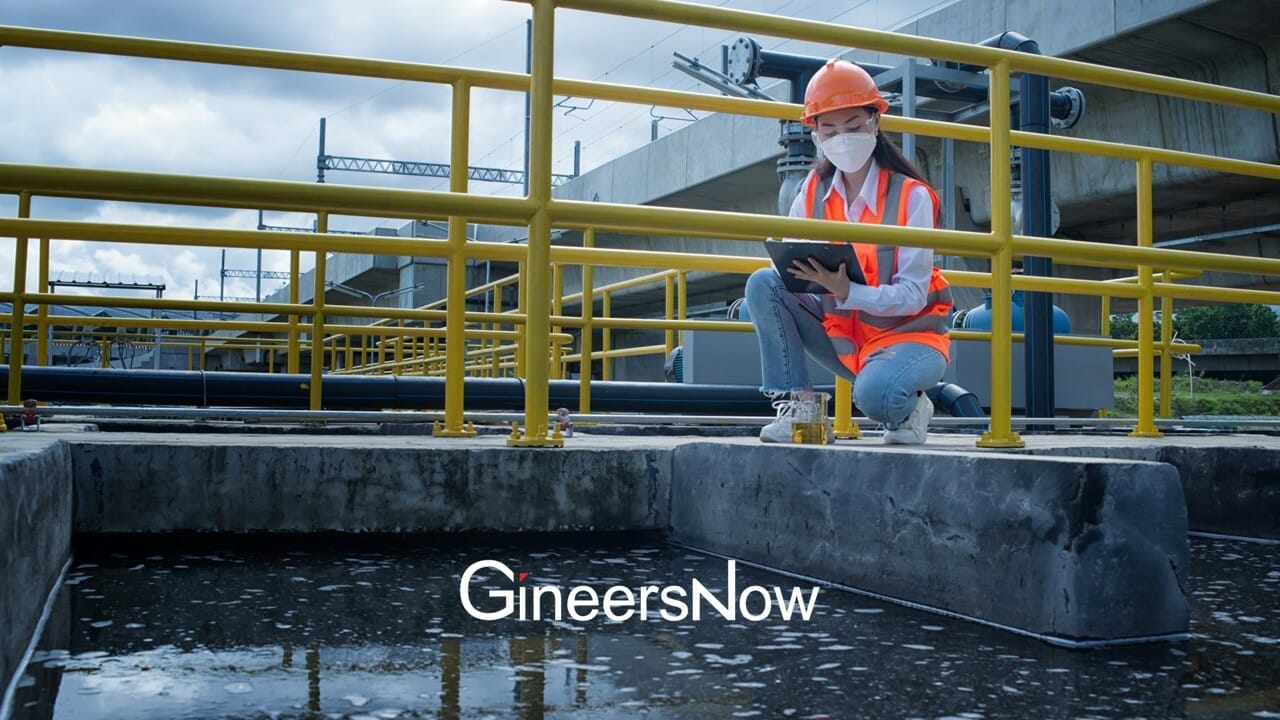Fossil fuels have been the world’s go-to source of energy for the past several decades. Unfortunately for us, oil is expensive, hard to find, takes millions of years to create, and most of all, it’s the number one cause of climate change. With so many downsides of using such fuels in our society, scientists have been working for years to find better alternative sources of energy; and their findings seem promising.
Currently, the most efficient source of alternative energy source is solar power, one variant of which is called solar fuel, which is basically using solar power to convert – you guessed it- water and carbon dioxide into chemicals that could be used for fuel (which is usually splitting the hydrogen from water and using those as a fuel source). Sadly, these chemical reactions can’t be triggered by using solar power alone. There needs to be other materials to catalyze the reaction- and that’s exactly what a team of researchers are trying to find.

Source: Caltech
For years, scientists have been working to create practical solar fuels by using inexpensive materials as photoanodes, which are similar to the anodes found in batteries, which then create solar fuel by helping the electrons flow from one end to the other. This year, researchers from the Department of Energy’s Lawrence Berkeley National Laboratory (Berkeley Lab) and the California Institute of Technology (Caltech) have doubled the list of potential materials that could be used as photoanodes in the span of only 2 years.
They were able to find these materials through a combination of computational and experimental methods. First, they used a Materials Project Database to search for potential compounds. They then narrowed down the list by performing hundreds of theoretical calculations through the National Energy Research Scientific Computing Center (NERSC), plus the software and expertise from the Molecular Foundry. Once they had a final list of potentially useful materials, it was time to test them in the lab.

Source: Caltech
These materials were all tested at the same time for anode activity under different conditions through high-throughput experimentation. With this method, they found that Vanadium, Oxygen, and another element had a highly tunable electronic structure which made them the best candidates for water oxidation. They also found 9 other elements that could be used for this purpose as well, which brings the list up to 12.
According to John Gregoire, one of the research team leaders from Caltech, this was the first time these kinds of experiments were run this way. “The key advance made by the team was to combine the best capabilities enabled by theory and supercomputers with novel high throughput experiments to generate scientific knowledge at an unprecedented rate,” He added during the press release.
This research has finally given us a good alternative to fossil fuels that could potentially replace them on a large scale. Hopefully, within a few years, fossil fuels would be a thing of the past, and we would all be using cheaper and greener sources of energy.
Article Sources:


















